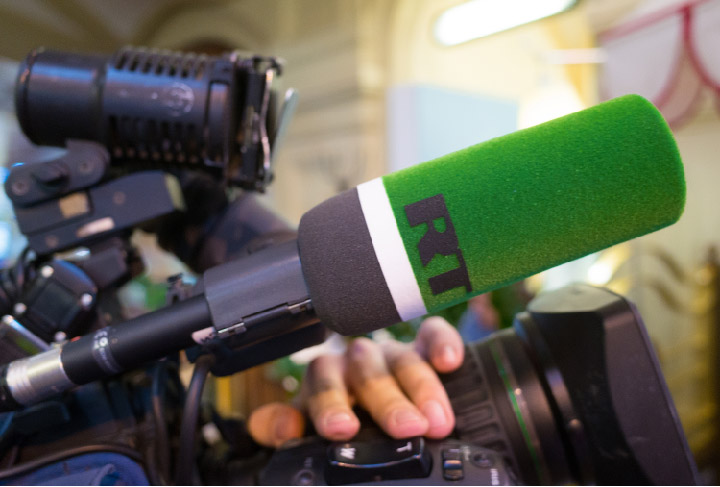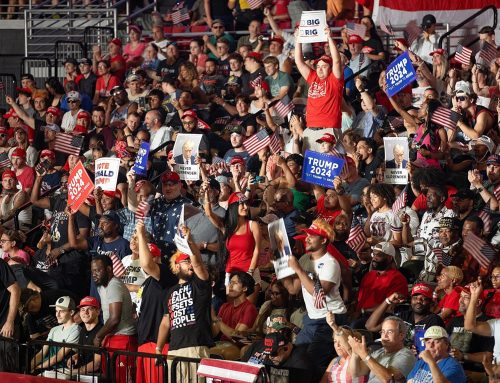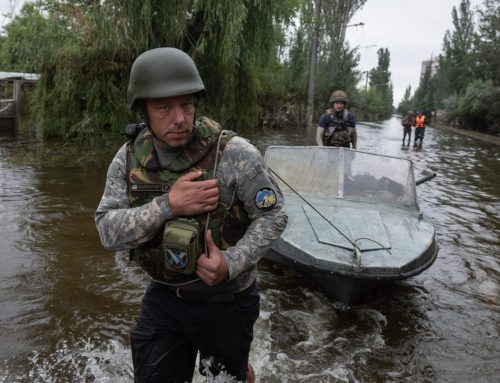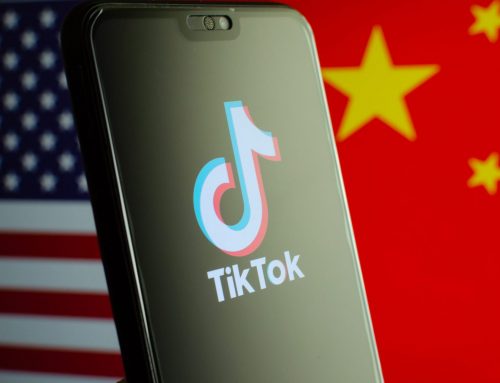In last week’s coronavirus vaccine developments, U.K. medical journal The Lancet published the results of a peer-reviewed study that placed Russia’s Sputnik V vaccine’s efficacy at a level comparable to that of leading Western vaccines. Russian state media and diplomats celebrated these results, with the vaccine’s developers furthering the narrative of Sputnik V’s global appeal and labeling it “a vaccine for all humankind.” Both state media and diplomats also seized on the occasion to criticize previous Western skepticism of the Russian vaccine as politically motivated or Russophobic. As a continuation of previous narratives related to Russian opposition figure Alexey Navalny’s return to Russia, Russian state media and officials reiterated claims that Navalny is supported from abroad and criticized Western “foreign interference” in his fraud trial. Particularly noteworthy was RT’s coverage of a video released by the FSB purporting to link Navalny to MI6. A couple of articles also covered Russian Foreign Minister Sergey Lavrov’s claims that the West is drumming up interest in the Navalny protests to distract from a supposed lack of answers from the West related to his poisoning last year. Finally, Big Tech was once again targeted for, among other things, their alleged role in organizing pro-Navalny protests (a richly ironic complaint after Russia’s Internet Research Agency used social media platforms to organize protests in the United States).
Chinese diplomats and state media outlets last week continued to bash the United Kingdom over its decision to grant Hong Kong holders of the British Nationals Overseas passport a pathway to full British citizenship. As that topic faded over the course of the week, it was replaced by an uproar over U.K. television regulator Ofcom’s decision to strip Chinese state media outlet CGTN of its broadcast license. Chinese diplomats and government officials also rallied against a BBC article that outlined violence against Uyghurs in Chinese camps, as evidenced by the fact that “Xinjiang” was the most-used phrase last week by Chinese diplomatic accounts on Twitter—outpacing coronavirus and Chinese New Year-related messaging. Chinese diplomats argued that Chinese government policies towards Uyghurs were just and effective, while at the same time claiming that the Western press lies in their reporting on said policies. CGTN’s YouTube channel also promoted the latter theme, as two of the top four most-viewed videos of the week attacked the BBC’s coverage of Xinjiang. Finally, the entire Chinese propaganda apparatus, particularly state media, were quick to defend the actions of the Myanmar military after it ousted the democratically-elected government last week. Four of the ten most-shared Chinese state media stories on Facebook last week touched on various aspects of the crisis, with diplomats again focused on discouraging foreign interference.
Ayatollah Khamenei had a busy week on Twitter and was responsible for all ten of the most-engaged-with tweets from Iranian regime-linked accounts. One tweet claiming that “It is the beginning of the post-American era” was translated across multiple Khamenei-linked accounts and generated a particularly high rate of engagement. Other top topics of the week focused on familiar themes: celebration of the Iranian revolution and criticism of the United States’ withdrawal from the Iran nuclear deal. The top hashtag of the week was #IRI42, referencing the 42nd anniversary of the Iranian revolution. The hashtag was used by Iranian embassy accounts around the world in one of the more coordinated messaging pushes in recent memory. Iranian accounts also continued to promote a unified message that Iran will return to compliance with the nuclear deal (JCPOA) AFTER the United States has done the same. Popular tweets cited analysis from NATO-skeptic journalists John Bosnitch and George Szamuely to support the claim that the United States is not earnest in its desire to return to the agreement.
The views expressed in GMF publications and commentary are the views of the author alone.








